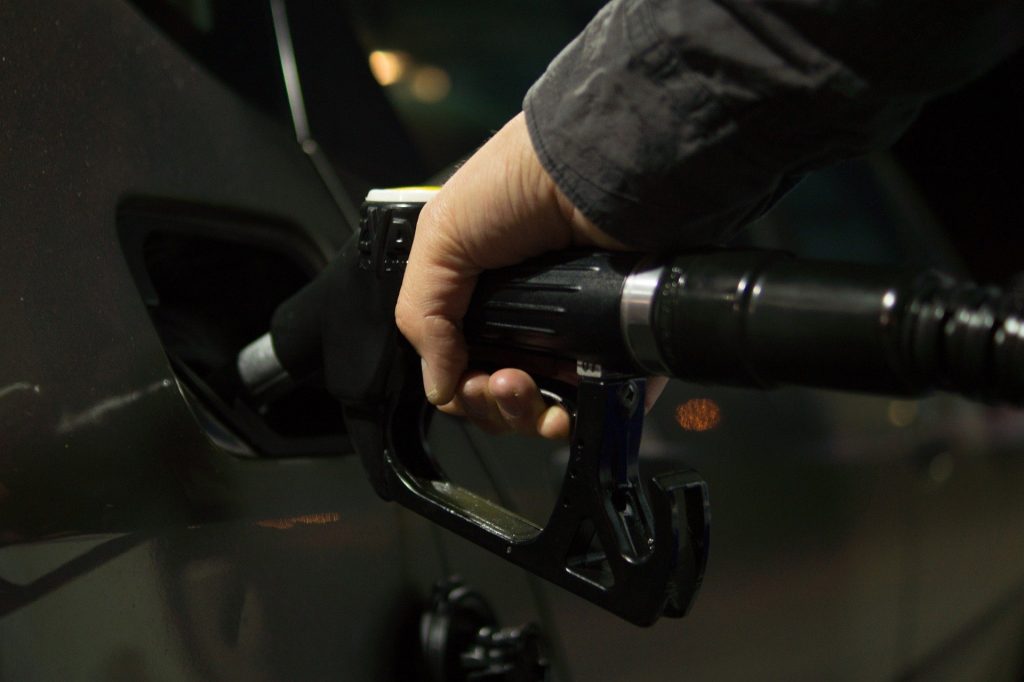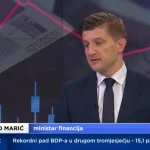As Poslovni Dnevnik/Suzana Varosanec writes, the government is considering additional measures in case of continued increase in fuel prices after 30 days of direct intervention in the market through the adoption of a decree on the matter, and according to the Minister of Economy and Sustainable Development Tomislav Coric, there will be a slightly fairer distribution of responsibilities to come.
According to Tomislav Coric, in the coming weeks, the Croatian Government will analyse the situation, and although they hope to reduce prices, he says, at the moment it isn’t expected that this will happen soon, so the concrete actions of Banski dvori are again set to be guided by allowing the price to remain stable and trying to ensure a “fairer distribution of responsibilities that is initially at the disposal of distributors”.
By freezing prices for a period of thirty days, the main aim was for companies and residents to be able to “catch their breath and stabilise their expectations” in the current situation.
According to Prime Minister Andrej Plenkovic, distributors’ margins are high enough to take on this “first wave” of price increases, which, according to the calculations( for diesel fuels that businesses predominantly use) at today’s prices means encroaching on margins of 63 lipa per litre of diesel fuel.
The government’s move in the first wave is considered to be correct because it has temporarily stopped a whole series of price increases, according to consultant Davor Stern.
In addition, oil circles are speculating about possible government moves which are yet to come, including the possibility of correcting a systemic injustice without interfering with the tax system by amending the basis for calculating VAT, which would result in lower prices for the end users.
In this sense, if the calculation were done on the price of fuel, and with excise duties from which fees on roads and railways are exempted, such a base would result in a reduction in prices overall.
For more, follow our politics section.












